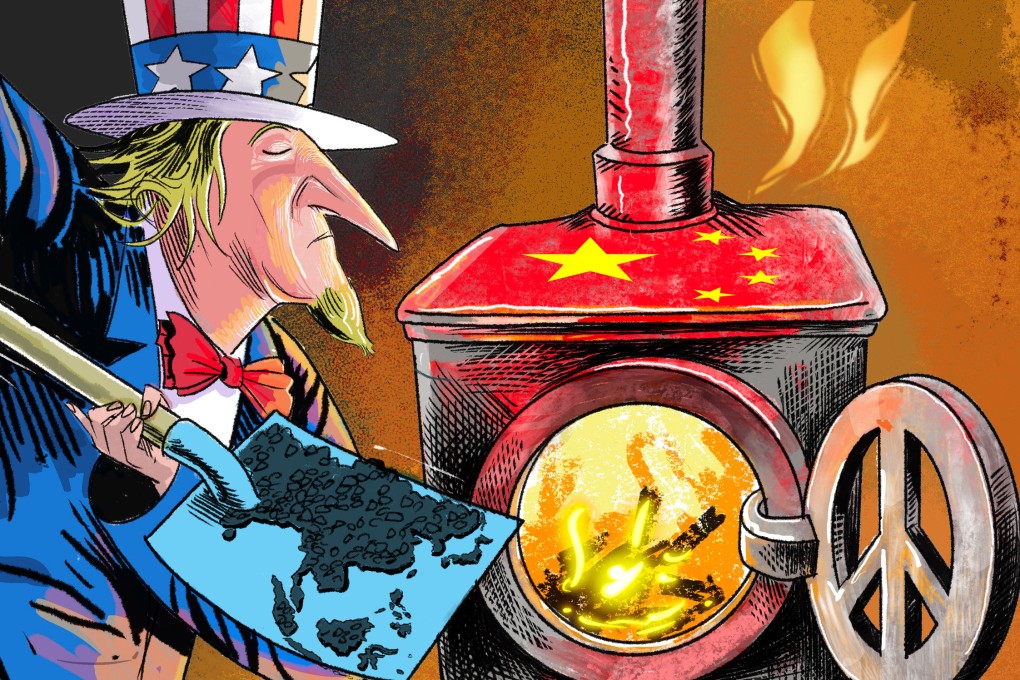Advertisement
Opinion | As long as US stokes China’s Indo-Pacific fears, there will be no peace
- The latest Indo-Pacific army chiefs’ meeting reflected growing US engagement and the region’s shared concerns about China’s military assertiveness
- But China will not back down amid consolidating US influence, particularly given its deep-seated insecurity over the Malacca Strait
Reading Time:3 minutes
Why you can trust SCMP
5

Peace and stability in the Indo-Pacific was the theme of a recently concluded conference of 18 army chiefs in New Delhi. Though the US and Indian army chiefs, who were joint hosts, did not directly name China as a challenge, it was clearly on their minds, given the remarks of the participants at the three-day 13th Indo-Pacific Army Chiefs Conference (IPACC), drawn from 30 nations.
Advertisement
It would also seem that the Indo-Pacific, usually perceived as a maritime domain, is acquiring an autonomous strategic identity. As Indian Defence Minister Rajnath Singh declared at the conference, the Indo-Pacific is no longer a maritime construct but a fully fledged geostrategic construct.
He also said the region faced a complex web of security challenges, including border disputes. India and China have been locked in an intractable territorial dispute since October 1962, which flared up most recently in June 2020, when soldiers clashed in the Galwan Valley border.
Indian army chief General Manoj Pande echoed the concern and added that territorial disputes, including those triggered by the creation of artificial islands, whose objective is to claim real estate in the maritime domain, are among the principal threats to peace and stability in the region. India’s allusions to China with respect to their border clash and the South China Sea disputes were evident.
At the conference, US army chief General Randy George, on his first visit abroad after assuming office, dwelt on the need to ensure a “free and open Indo-Pacific” and added: “We all know how important trust and friendship are in a challenging global security environment. Having great allies and partners is more important than ever before.” He referred to the US-India army exercise in Alaska as a sign of the growing cooperation between the two militaries.
Advertisement
Two strands emerged at the conference. One is America’s growing military engagement with its allies and partners in the Indo-Pacific. The other is a shared concern among most nations in the region over China’s military assertiveness, even bellicosity.

Advertisement
